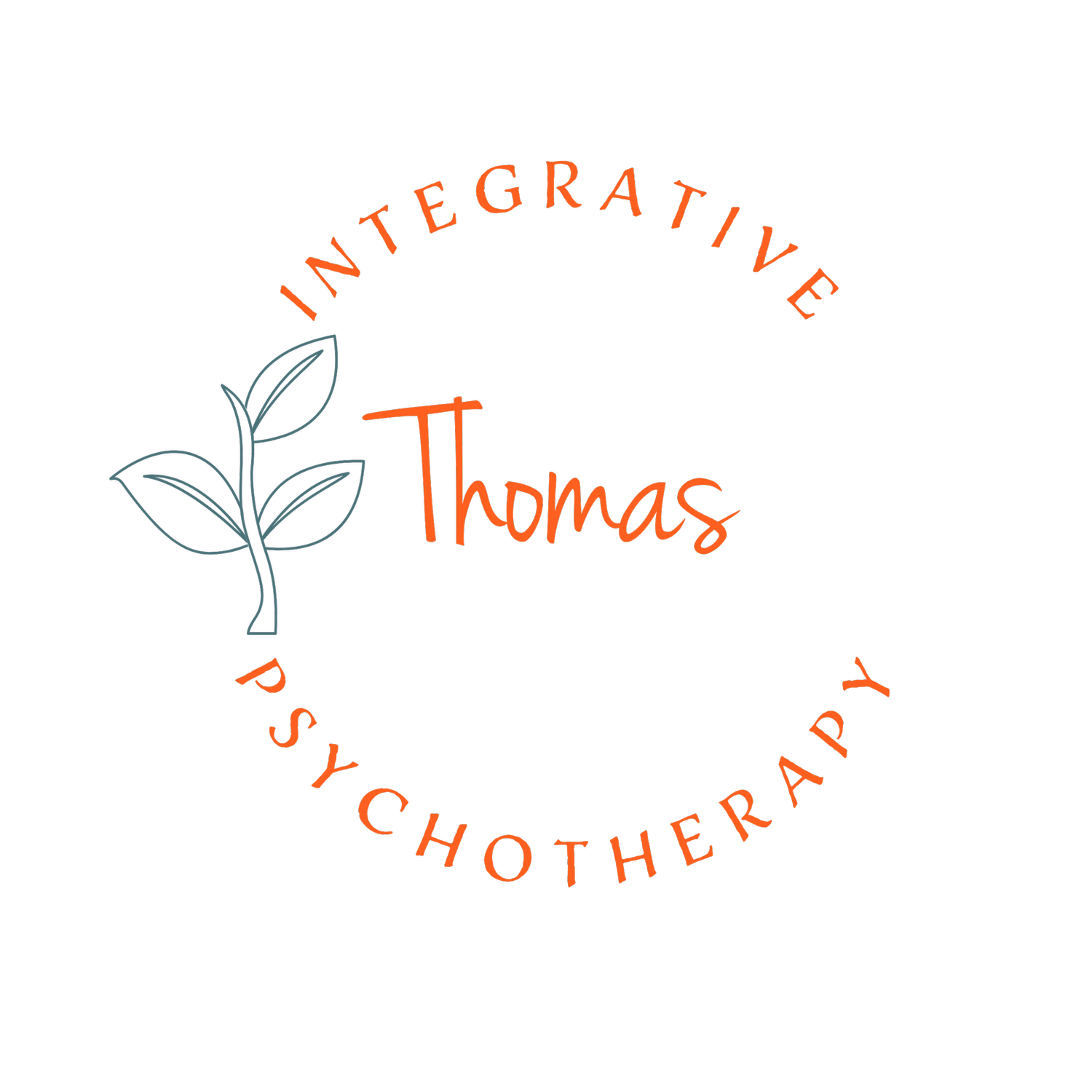What is Substance Use Disorder?
As stated by Hopkin Medicine: Substance use disorder is the medical term used to describe a pattern of using a substance (drug) that causes significant problems or distress. This may be missing work or school, or using the substance in dangerous situations, such as driving a car. It may lead to substance-related legal problems, or continued substance use that interferes with friendships, family relationships, or both. Substance use disorder, as a recognized medical brain disorder, refers to the use of illegal substances, such as marijuana, heroin, cocaine, or methamphetamine. Or the misuse of legal substances, such as alcohol, nicotine, or prescription medicines. Alcohol is the most common legal drug associated with substance use disorder.
Life feels chaotic. Emotions feel intolerable. You fear relapse. Guilt and shame are constantly talking to you.
Change takes time and self-compassion. People don't work like light switches. You know yourself, and we know addiction. What helps one person in recovery may not work for another. Together, we will create your individualized road map to recovery. We have seen the joy and peace that come with recovery many times. We will discover the right tools to get you out of your current cycle and connect you to recovery.
HOW WE HELP
We help clients at different points of substance use and recovery. Whether you are wondering if your substance use has become problematic or you want to continue your recovery journey after an inpatient stay, we can help.
A substance use disorder is more than a physical dependence on drugs or alcohol. Even after detox, when your body is no longer dependent, you're at high risk for relapse. Certain psychological and social factors can be powerful triggers that lead to relapse:
Stress, especially sudden life change
Cues in the environment
Social networks, like spending time with friends who continue to use
Below are several models that may be used integratively in your treatment. Your therapist will adapt your treatment to your individual needs.
Cognitive Behavioral Therapy
Psychotherapy helps you escape cravings and learn to manage what life throws at you without drugs or alcohol. Cognitive Behavioral Therapy, or CBT, teaches you to recognize moods, thoughts, and situations that fire up drug cravings. A therapist teaches you how to avoid these triggers. You'll learn to replace negative thoughts and feelings with healthy ones to help you stay clean. The skills you'll learn can last a lifetime, so this is a powerful treatment method. But not all therapists are trained in Cognitive Behavioral Therapy techniques.
Though the IFS approach is similar for all kinds of compulsive patterns, here we'll focus on substance abuse as it has a far-reaching impact physically, psychologically, socially, and spiritually.
Internal Family Systems (IFS)
Internal Family Systems (IFS) Therapy sees addiction differently and applies a systemic view of the mind through which all behaviors can be understood. IFS recognizes that extreme behaviors, including habits, are fueled by psychological burdens caused by trauma, attachment wounds, and devaluing experiences. With the additional understanding that various parts of the personality interact internally with varying degrees of harmony or conflict, IFS distinguishes itself by viewing trauma and internal opposition as driving forces for the addictive process.
“There’s a crack in everything, that’s how the light gets in.”
-Leonard Cohen

